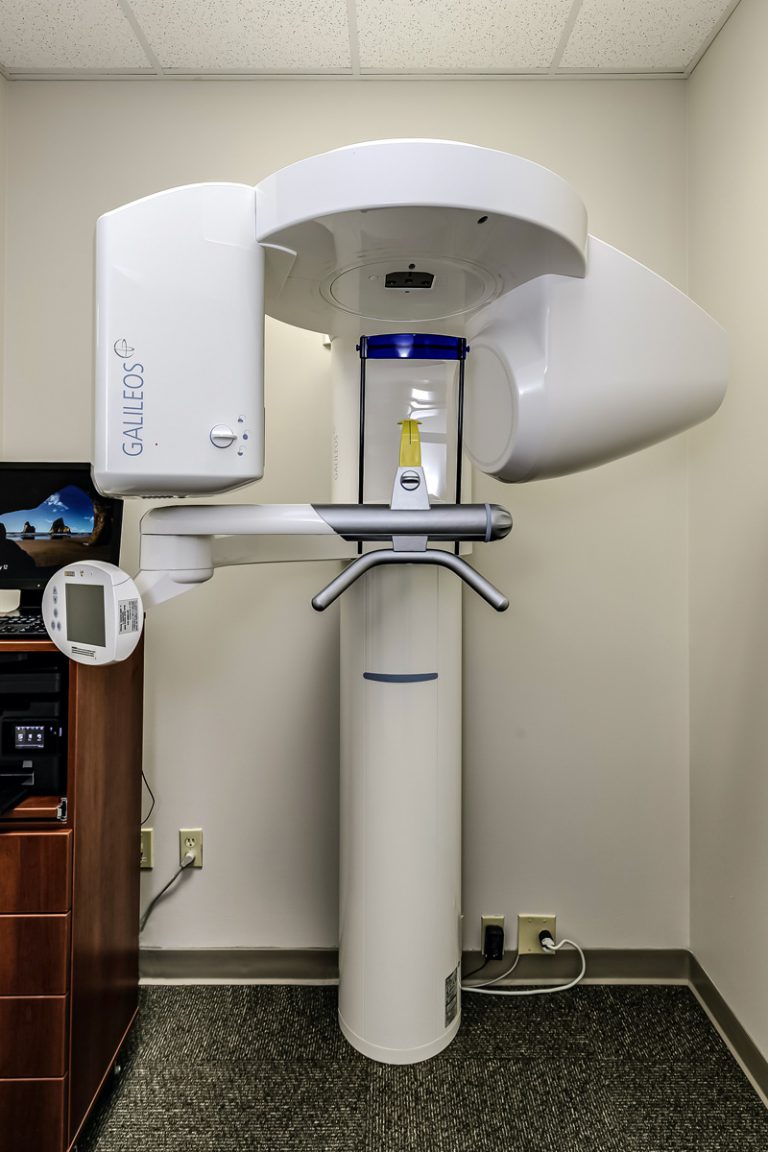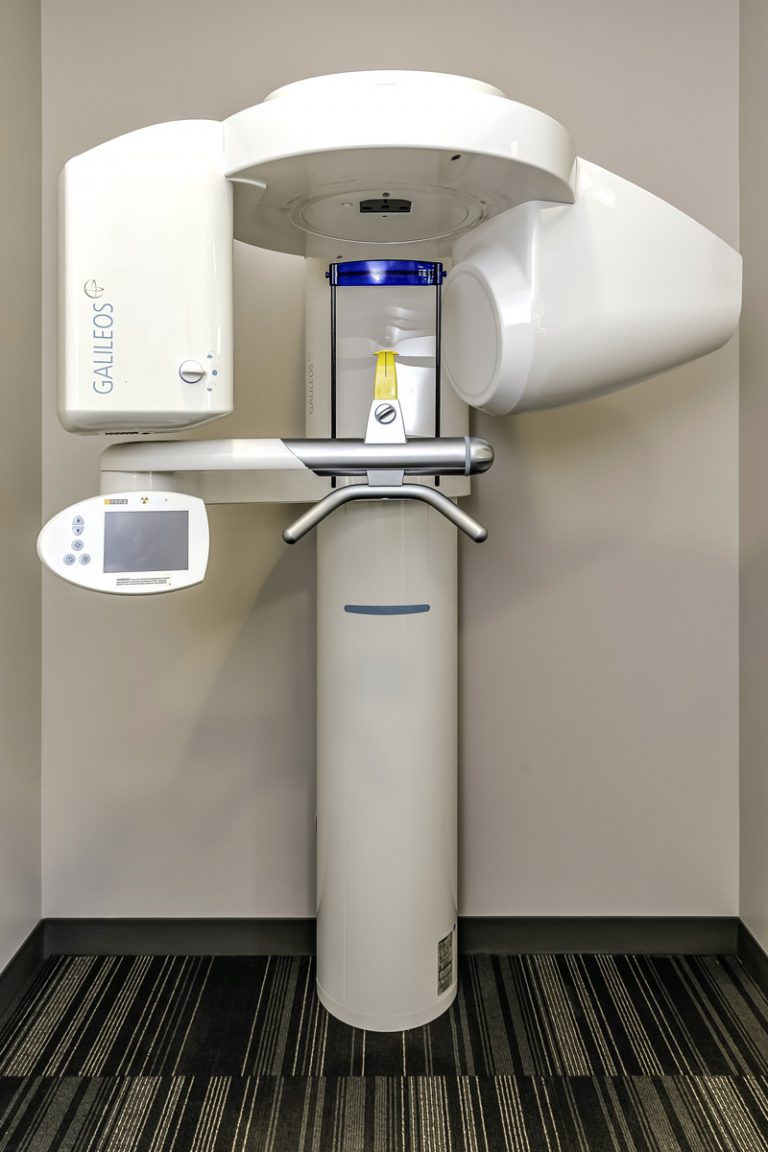To Buy Periactin Online Visit Our Pharmacy ↓

Understanding Periactin and Its Primary Uses
Periactin, a medication primarily used to treat allergies, has shown promise in helping individuals with anorexia overcome these underlying issues. When considering weight-gain strategies, Periactin (commonly prescribed for allergy symptoms) can be contrasted with options like nutritional supplements and resistance training. Moreover, its use in children as a prophylactic treatment for migraines is supported by clinical studies that suggest improved quality of life when used consistently. Individuals struggling with Sig recurring headaches may find relief in incorporating Periactin as part of their treatment regimen, often in combination with other migraine-specific medications or therapies. However, as with any medication, potential side effects and precautions should be carefully considered and discussed with healthcare professionals before initiating Periactin treatment for infantile anorexia nervosa. A balanced diet, rich in nutrients and fiber, may alleviate some gastrointestinal discomforts such as constipation, a common side effect of the medication. Periactin, also known as cyproheptadine, is an antihistamine medication that can carry a range of side effects.
The Periactin Approach: Compassion and Anorexia Recovery
Occasionally, digestive issues such as nausea or vomiting may occur. The recommended initial dose typically starts at 4 mg two or three times daily for adults and children over the age of 12. The use of Periactin can result in several common side effects that users should be aware of. The prescribing healthcare professional will consider patient-specific factors such as age, the severity of symptoms, and potential drug interactions before determining the appropriate dosage. Periactin is steadily gaining recognition for its effectiveness in managing various kinds of pain, acting as a valuable alternative to mainstream painkillers. Moreover, Periactin can also be beneficial for individuals with conditions such as anorexia nervosa or cachexia, where weight gain is crucial for overall health improvement. Weight gain is a result of increased caloric intake, which is a choice made by the individual, rather than an automatic effect of Periactin.
Migraine Relief for Kids: Periactin's Surprising Benefit
Among Periactin’s most concerning adverse reactions are the potentially life-threatening allergic responses, such as hives, difficulty breathing, and swelling of the face, lips, or throat, wich can escalate rapidly. Navigating the potential side effects of Periactin can feel daunting, but being well-informed helps in effectively managing them. Periactin, also known by its generic name cyproheptadine, is an antihistamine medication that works by blocking the effects of histamine in the body. Additionally, chronic use has been linked to increased sedation and fatigue, which might interfere with daily activities and overall quality of life. Its ability to increase appetite makes it useful in conditions where weight loss or poor appetite are significant concerns. Periactin, known for its antihistamine properties, is not originally intended for weight gain and its off-label use should be medically supervised. Recieveing such scientific backing validates the claims, although more detailed analyses are still required to fully understand the long-term effects.
Consulting with a Healthcare Provider about Periactin
It is essential to be aware of these factors before starting treatment with Periactin. He experienced significant improvement, attributing his success to the elixir and proper nutrition. When it comes to taking Periactin, it's always best to consult with a healthcare provider. It's a personalized decision that should be monitored regularly to ensure the optimal balance between efficacy and well-being. These debilitating headaches are often accompanied by a myriad of symptoms, including intense pain, nausea, and sensitivity to light and sound. Periactin is a medication that is commonly prescribed for various medical conditions, including allergies, migraines, and appetite stimulation. This holistic approach, combining medical interventions like Periactin with the rebuilding of personal relationships, can be instrumental in the path towards lasting recovery.
What Is Periactin and How Does It Work?
Pair-ing the 'script' with a comp-rehensive plan that includes protein-rich meals, calorie-dense snacks, and a consistent workout routine can maximize the medication's effects. In some cases, children might also experience gastrointestinal discomfort such as constipation, nausea, or diarrhea. Additionally, anti-seizure medications like topiramate can also help reduce the frequency of migraine episodes. While more extensive research is necessary to establish definitive conclusions, these preliminary findings highlight the potential benefits of Periactin in migraine prevention. As with any medication, abruptly stopping the use of Periactin may lead to withdrawal symptoms or a return of symptoms it was helping to alleviate. Patients should also maintain open communication with their healthcare provider to adjust the dosage as necessary while monitoring their response to the treatment. However, with the support of Periactin and a compassionate approach, individuals can find the strength to overcome these obstacles.
Understanding the Benefits of Periactin
Serotonin, a neurochemical, generally suppresses appetite by sending signals of satiety to the brain. One of its notable successes is in treating chronic urticaria, providing relief from persistent itching and hives when other medications fall short. While not everyone experiences them, it is essential to be aware of the potential risks. This [Rx - Prescription] medication has demonstrated its efficacy in [Pharm Land - The pharmacy department or area] studies, providing a promising [Sig - Directions on a prescription] for those seeking relief from the [Hangover - Side effects from medications] associated with migraines. It is important to follow the recommended dosage and consult with a healthcare professional before starting any medication, including Periactin, to ensure its safe and effective use. Overall, Periactin's utility in managing diverse conditions revolves around its anticholinergic and antiserotonergic properties, providing a range of therapeutic benefits when used under proper medical guidance. Clinical studies and research findings have provided valuable insights into the effectiveness of Periactin in the treatment of infantile anorexia nervosa.
The Mechanism: How Periactin Influences Appetite
It is important to be aware of these possible reactions and to consult with a healthcare provider if they persist or become bothersome. However, a serendipitous 'Pharm Party' revelation unveiled its appetite-stimulating side effects. Its efficacy extends to a broad range of allergic conditions, including hay fever, conjunctivitis, and certain skin reactions. Periactin, a brand name for the drug cyproheptadine, is primarily prescribed to treat allergy symptoms like sneezing, itching, and runny or stuffy nose. Periactin, a medication commonly used to treat migraines, has proven to be suitable for various migraine subtypes. As an antihistamine medication, Periactin has been found to increase appetite and stimulate weight gain in young children suffering from this eating disorder. Furthermore, as children's bodies can react differently to medication, it's vital to monitor them closely for any signs of adverse effects or changes in their condition.
Understanding Migraines: a Complex Neurological Condition
Its unpredictable nature forces many sufferers to alter their plans and lifestyle to accommodate potentially incapacitating episodes. More severe but less common side effects include increased heart rate, confusion, and urinary retention. These experiential anecdotes serve as anecdotal evidence, reinforcing data from clinical studies that suggest the antihistamine properties of Periactin, alongside its ability to stabilize serotonin levels, make it a valuable tool in the migraine management arsenal. Although not originally designed with migraines in mind, Periactin's ability to block specific receptors in the brain has opened doors to its off-label use. The dual-action mechanism targeting both histamine and serotonin pathways positions Periactin as a unique therapeutic option in migraine management, particularly for patients who may not have responded well to traditional therapies. Furthermore, individuals with glaucoma, peptic ulcers, or other serious medical conditions should avoid Periactin, as it can exacerbate these issues. By inhibiting serotonin, Periactin reduces the sensation of satiety, leading individuals to feel hungry more often and thereby consume more calories.
Periactin Dosage: Finding the Sweet Spot
Periactin, the brand name for cyproheptadine, has an unexpected yet noteworthy role in managing pediatric migraines. Additionally, consuming light meals may prevent or lessen gastrointestinal discomfort, which some users experience. It is important to take the medication exactly as directed, and not to exceed the recommended dosage without consulting your doctor. Unveiling the Real Benefits of Periactin:. By staying informed of these critical warning signs, individuals can ensure timely medical care, contributing to safer use of Periactin. As individuals overcome anorexia, it's crucial to mend broken connections and establish a network of compassionate individuals who can provide the necessary emotional and practical support. By blocking the histamine receptors, Periactin helps to relieve the symptoms of allergies such as itching, sneezing, and runny nose.
The Truth You Need to Know about Periactin
Periactin, a medication primarily used for managing allergies and appetite stimulation, may also come with potential side effects and considerations. Periactin, a medication often used in the treatment of anorexia, can play a role in this journey by helping to restore appetite and facilitate the reconnection with loved ones. Periactin, a medication commonly used to treat allergies and other conditions, has shown promising results in clinical trials for the management of migraines. Regular check-ins with medical professionals are recommended to address any concerns that have occured or may arise over time. Pediatricians often prefer this medication for its dual-action: it not only soothes acute allergic symptoms but also serves as a preventive measure when taken regularly during allergy season. Consuming nutrient-dense foods like avocados, nuts, and lean proteins can provide the calories needed without risking a *pharmacy-induced* issue. In the long run, the usage of Periactin can have significant implications that warrant attention.










































